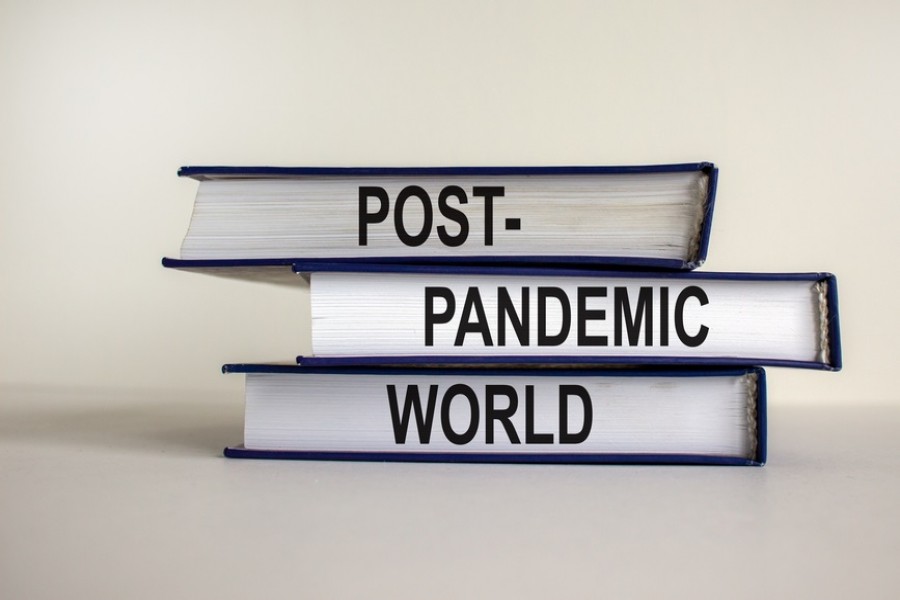Nearly a year and a half into the pandemic, the global economy is primed for a robust resurgence, but only a third of emerging market and developing economies are expected to recapture their pre-pandemic per capita income. As the pandemic persists, developing countries are having to balance long-term needs in addressing climate risks against short term recovery actions that can bolster overburdened health systems, replenish diminished emergency funds, and respond to economic inequality.
For a green and resilient recovery, policymakers must continue to underscore the importance of a build-back-better agenda and redesign societies in a way that is more inclusive, equitable, and sustainable. Currently the 50 largest economies have pledged over $14 trillion for post-pandemic recovery, however less than a fifth is actually being directed towards green initiatives. This gap is a missed opportunity for countries to direct economic stimulus in a manner that supports and accelerates national climate targets under the Paris Agreement.
To elevate the discussion on spurring green recovery and advancing climate ambition, the Climate Support Facility's Green Recovery Initiative launched the Green Recovery Dialogue on September 22, 2021. The Dialogue is a series of high-level events on technical considerations for incorporating low carbon, climate resilient objectives with economic recovery packages. The Dialogue is hosted in partnership with the German Federal Ministry of Economic Cooperation and Development and the UK's Foreign, Commonwealth and Development Office, contributors to the Green Recovery Initiative. The Dialogue will showcase results and best practices from the Green Recovery Initiative and development partners that can inform countries' post-pandemic investments so they align with national climate goals.
At the virtual event launching the series, the Dialogue pinpointed adaptation and resilience considerations necessary for planning for a post-pandemic world. Panelists from Mongolia, Albania, Poland, and the International Institute for Development examined upon how investments in adaptation must contribute to both near-term economic recovery and long-term resilience for all economic sectors. In guiding green recovery investments, discussants identified how National Adaptation Plans and other strategies can provide early points of entry. For example, investments in climate smart agriculture and food and nutrition warning systems proved to be crucial in maintaining a consistent food supply at the height of the pandemic. Other investments in adaptation, such as establishing climate sensitive disease surveillance and control systems, have been leveraged to assist with contract tracing and vaccine rollout.
Finally, in the aftermath of the pandemic, financing adaptation projects such as coastline rehabilitation, community tree planning, and adaptive social protection can create jobs while also linking back to the National Adaptation Plan process. As a result, many of the investments countries are already making, not only deliver benefits when a climate disaster hits but can also be deployed for future pandemics and health crises.
The second event in the series will take place as part of the World Bank's program at COP26, focusing on macro-fiscal and governance related interventions that can create enabling conditions for countries to link pandemic recovery with climate action.
The Green Recovery Dialogue comes at a crucial time as economies are recouping at differing speeds, and international climate summits are set to resume. Bold action is needed to ensure that recovery investment and policies are climate-actionable, providing double wins that propel decarbonisation efforts and reduce global poverty. The Dialogue convenes leading experts in this nexus and identifies whole-of-economy actions needed to maintain progress on a sustainable and inclusive recovery.
The piece is excerpted from www.blogs.worldbank.org


